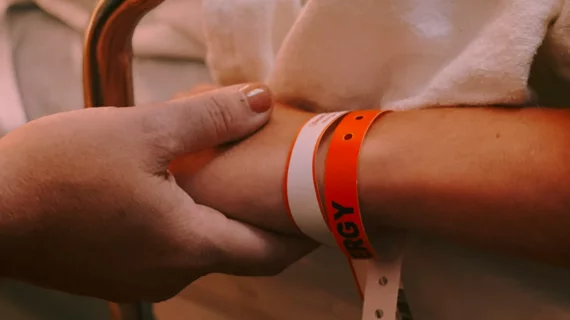Faster CT translates to fewer sedated children
Upgrading to dual-source, dual-energy CT machines cut average pediatric scan times from around 12 seconds to three seconds or less at two sites of an academic emergency department.
As the researchers had hypothesized, the increased speed enabled the operation to cut the percentage of children needing sedation.
The work was carried out at Emory-affiliated Children’s Healthcare of Atlanta and published Aug. 5 in Pediatric Emergency Care [1].
The study’s lead author is pediatric emergency-med specialist Rebecca Burger, MD. Senior author is pediatric radiologist Erica Riedesel, MD.
The team reviewed around 15,000 charts of patients up to 18 years old who received head CT imaging before the upgrade (~7,400) and after (~7,800) at either of two pediatric EDs in the Emory system.
They excluded cases involving multiple CTs and analyzed, among other factors, patient disposition, use and type of sedation, and ED length of stay.
Noting a median age of 7 and 44% female representation, Burger and co-authors report the technology upgrade reduced sedation use from 8% during the two years before the install to 7% during the two years after.
Midazolam was the most commonly administered sedative, they state, adding that fewer patients undergoing head CT required “deep sedation” once the faster scanners went live.
Study abstract here, full article behind paywall.

